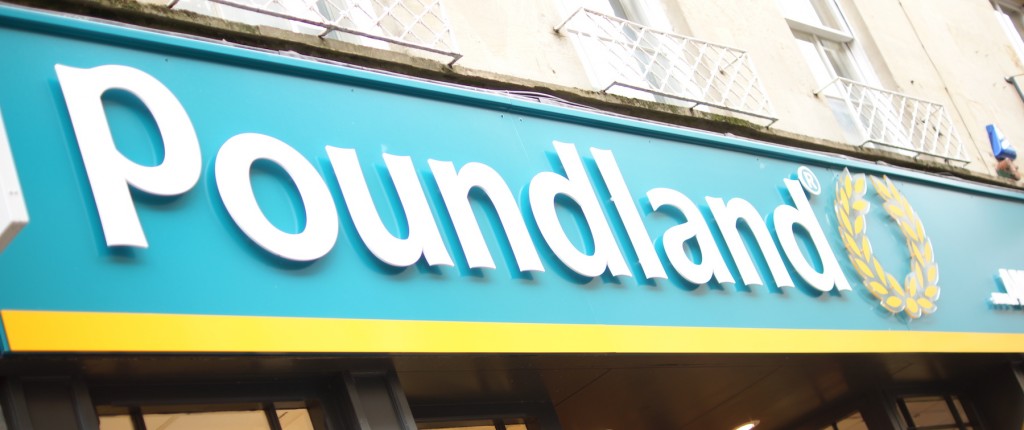
We bought five of the weirdest products from Poundland, and found out some tricks of the retail trade too
Cheap is good right? If you need an inflatable crocodile for a quid, here in the UK, Poundland the place to go. The cut-price retailer does what it says on the tin: everything it sells costs a pound (or less).
We always thought they’d taken the piling high and selling low concept a bit far. But then again, someone’s paying £597 million to get their hands on the business, so there must be something in it.
So, how does this whole £1 thing work?
Having a consistent price has advantages; you don’t need your employees to set prices for individual products, no price tags, and stock can just be moved from the warehouse straight into the shop. Easy. But the biggest advantage of all remains that magic figure of £1 - a simple branding concept that sticks in people’s heads.
The whole business model relies being able to buy large amounts of stock, ship it quickly and sell a shitload. Making a profit is hard because you’re not making much on each item sold - so the volumes you need to sell are staggering.
The 'end-of-line' nature of the products means stock changes all the time. Poundland’s bottom line relies on customers purchasing several items at every visit, and the mix and match approach ensures variety every time you walk through the door. I know I don't really need that. But hey, it’s only a pound, so why not?
With that in mind, we went along to our local store armed with £5 to find five of the oddest products we could...
An inflatable crocodile
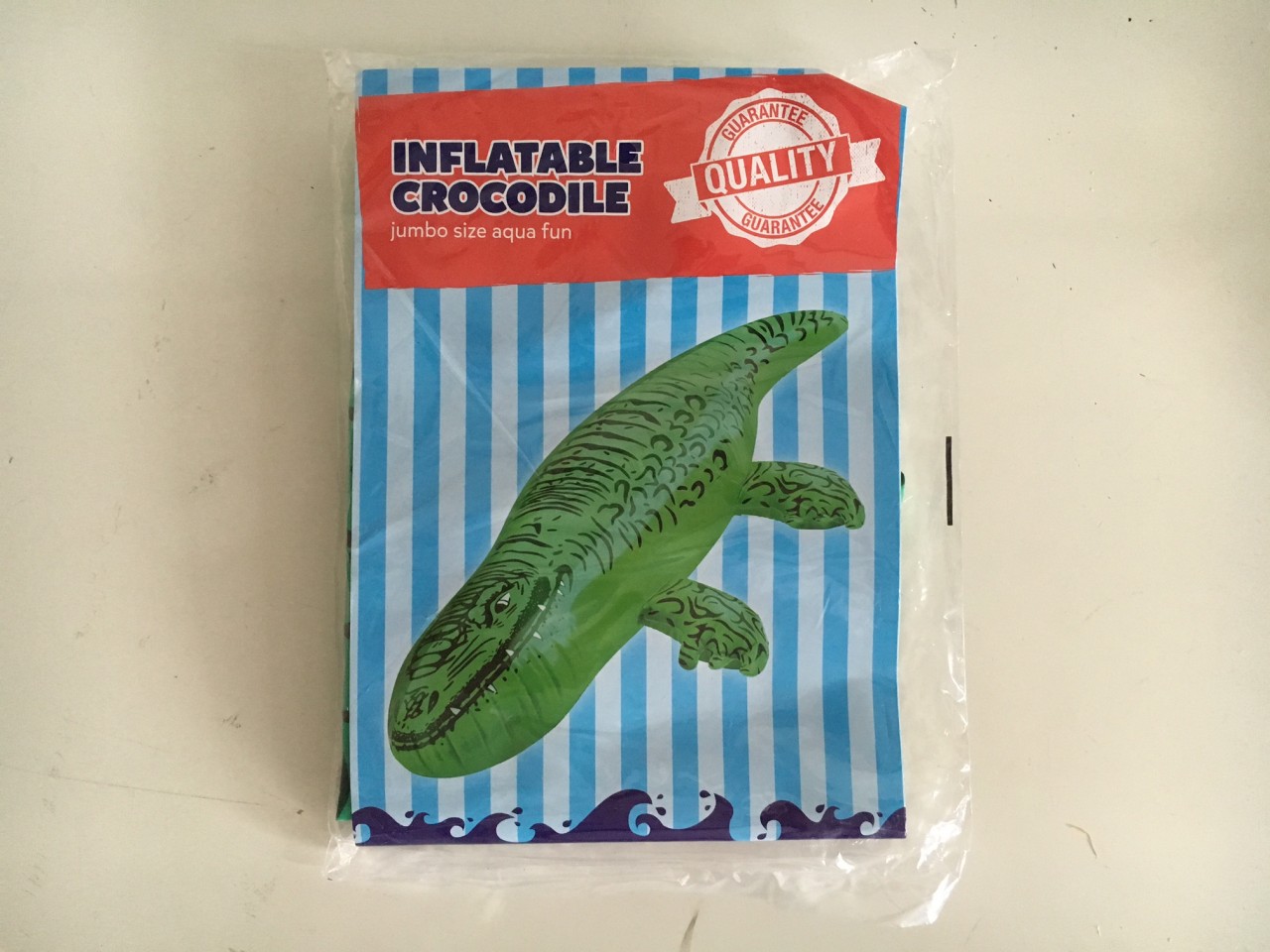
Surely, no pool party is complete without one of these. Quality Guaranteed.
A fake plastic key magnet rock
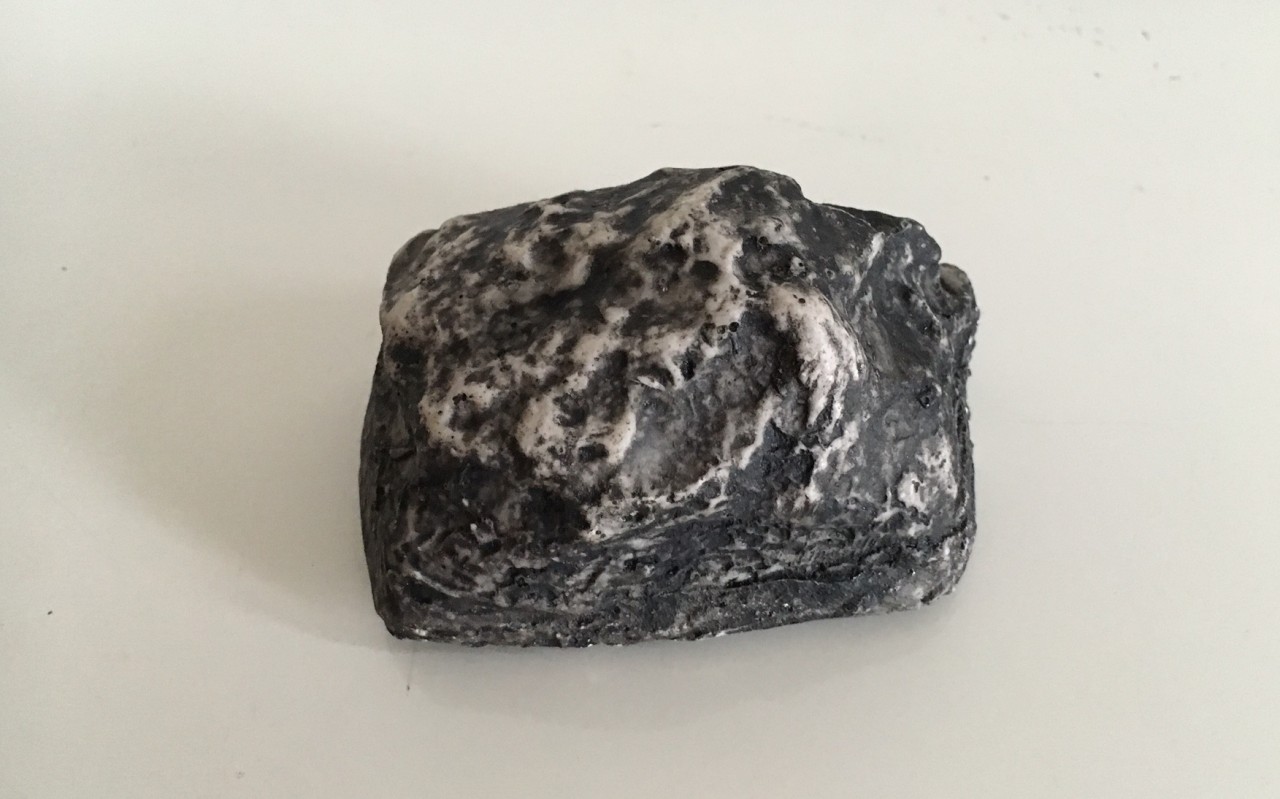
Hide your key under this fake rock. Guaranteed to fool burglars and gardeners alike.
A paintable face mask
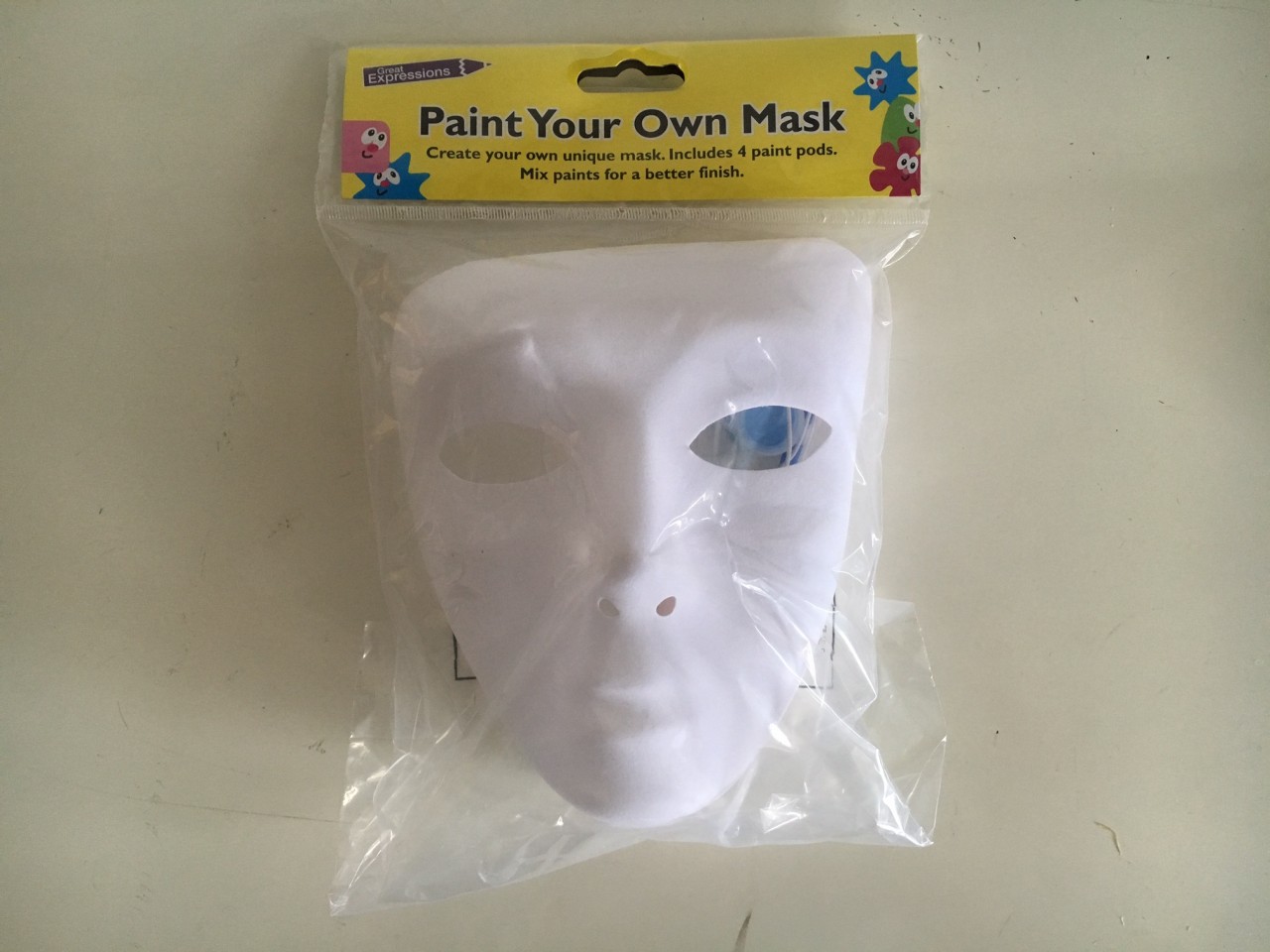
You've seen Halloween right? Imagine Michael Myers with a brightly painted face. More or less terrifying?
A Chewits branded dragon bath sponge
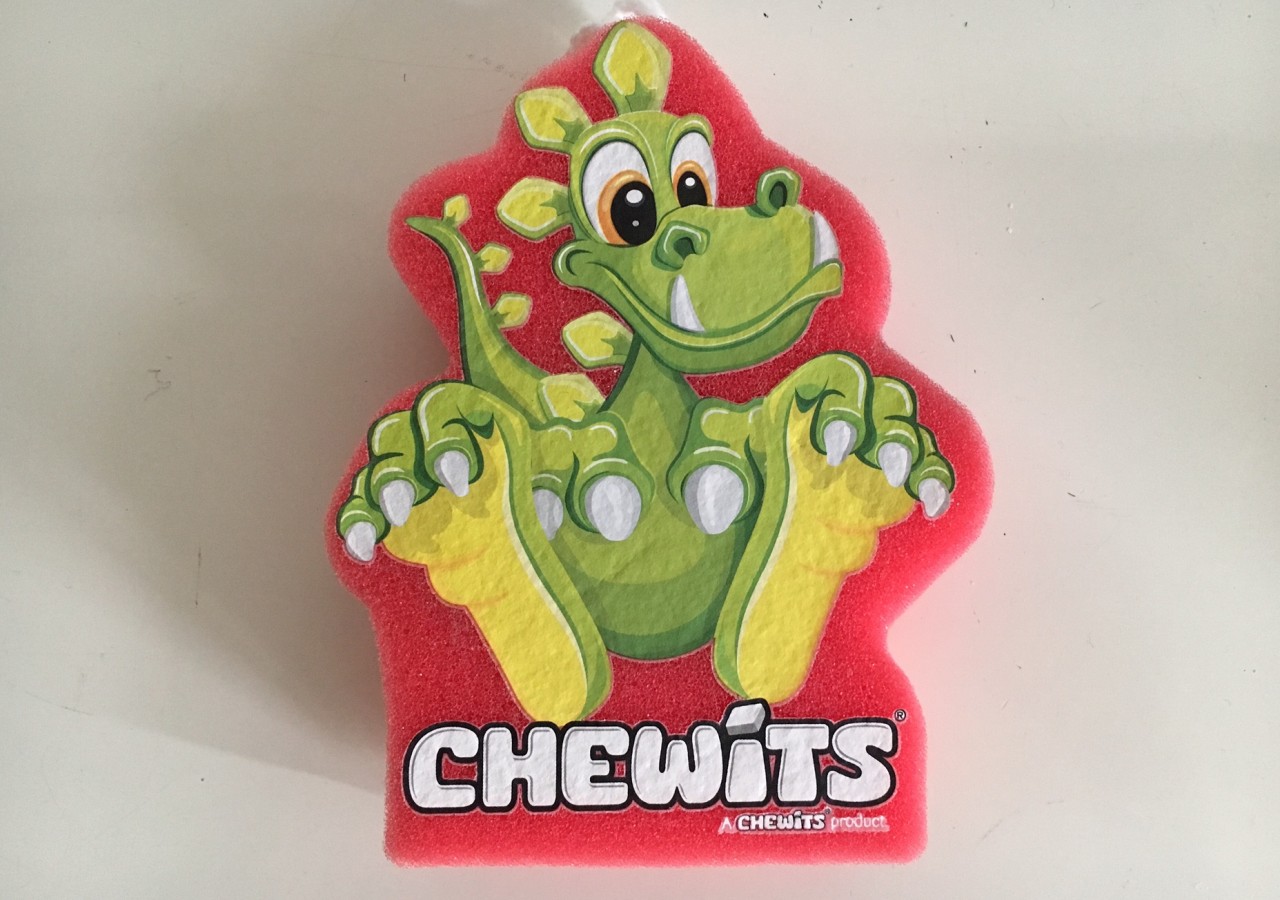
We didn't even realize chewy childhood fave Chewits were still around. What they have to do bath time and keeping clean is anyone's guess?
Star Wars ‘light side, dark side’ mini-eggs
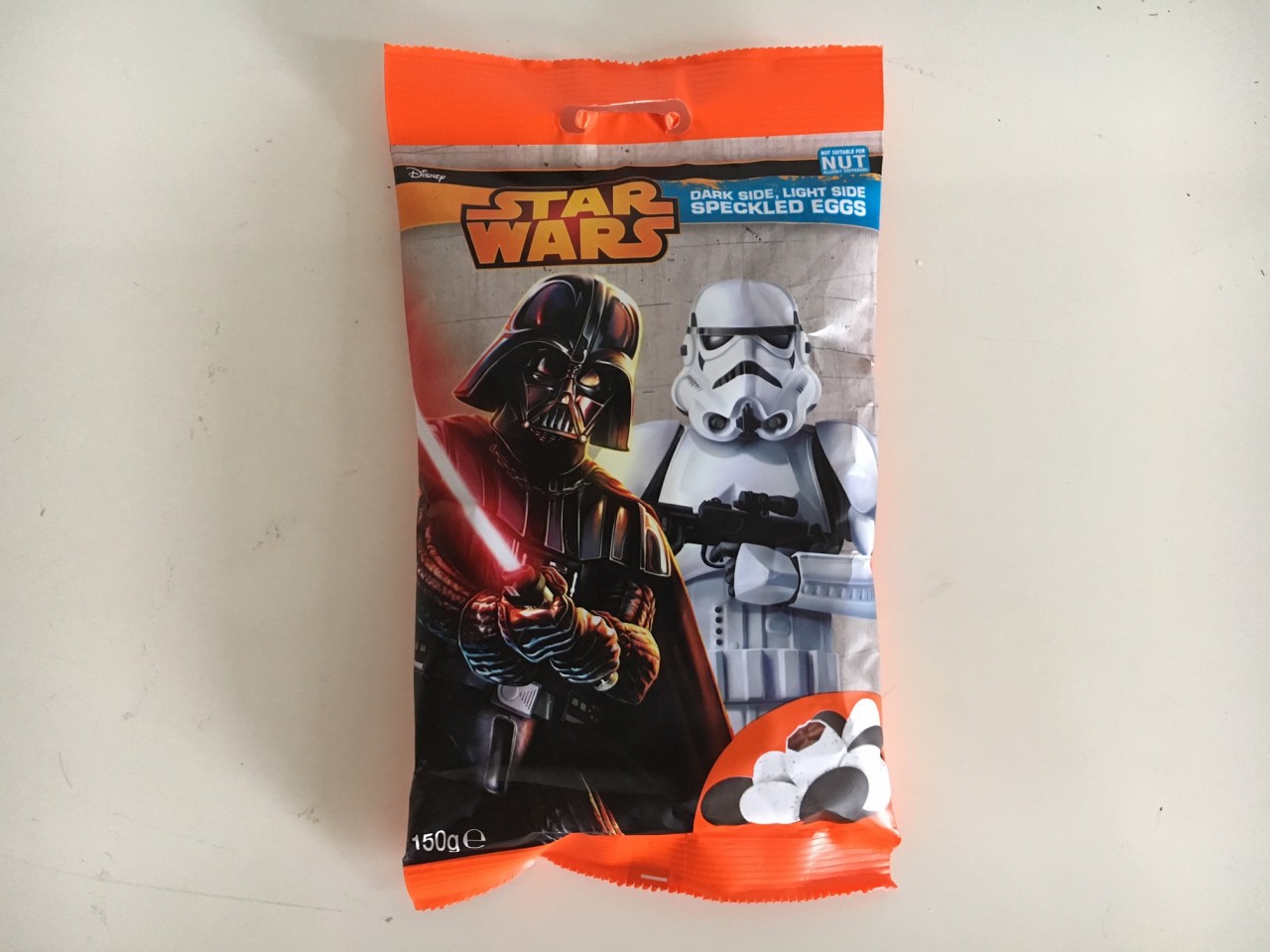
Talk about pushing the branding badwagon too far. Star Wars chocolate eggs. Supposedly imbued wth both sides of the 'force'. WTF?
Where did the idea come from?
Well, it’s nothing new. The Woolworth brothers opened a store in Pennsylvania in 1880, where all items were either 5 or 10 cents. It was wildly successful.
There are now variations all over the world, from 100-yen stores in Japan to ten-kroner stores in Sweden. Clearly, the basic psychology is universal. In Brazil, such shops are known as um e noventa e nove, meaning ‘one and ninety nine’, which has become more general slang there for things of cheap quality.
Why does it work so well?
According to psychologist Gorkan Ahmetoglu, the store offers an "environment of cheapness" where consumers are more relaxed because everything is suddenly affordable. This triggers chemicals in the brain, that make people happier and keener to spend money. As a result, nearly a third of sales are impulse buys.
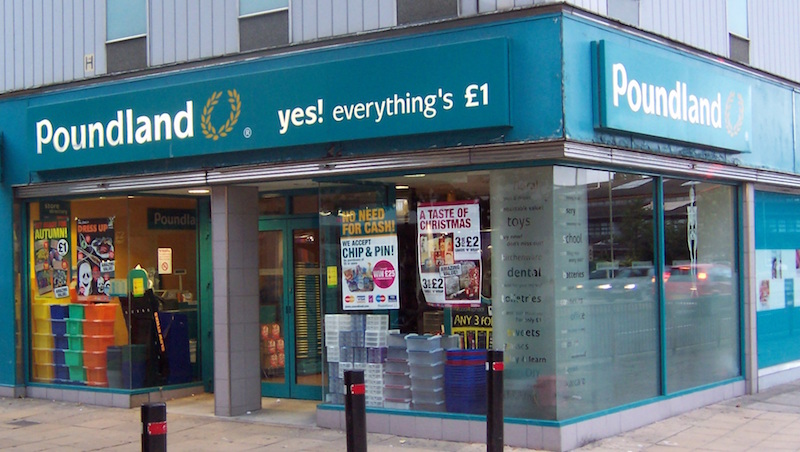
Sounds interesting. Any other tricks?
Another secret is the increasing use of 'phantom brands'. As well as the household names like Colgate and Palmolive, lots of products are essentially own-brand goods that don’t feature the Poundland name but might be under the brand 'ToolBox' (for DIY) or 'Kitchen Corner' (for kitchenware).
This stroke of genius appeals to the Bargain Hunt mentality. By mixing in household brands with well-packaged phantom brands, you can get low-margin goods and high-margin goods in the same shopping basket, and avoid negative assumptions about the 'quality' of, say, a Poundland branded knife.
For example, 'Coley & Gill' looks and sounds like a classy brand for candles and scented oil, but it’s really just one of dozens of in-house 'brands' designed to give lend an additional air of kudos to the product. And Poundland aren’t the only retailer to use this trick. Sometimes marquee-brand manufacturers even sell products under another name if they're worried about being associated with a 'discount' retailer. Another recent wheeze is partnering with TV celebrities - Charlie Dimmock for gardening tools, Jane Asher for bakeware - to similarly create a 'trusted' brand.
There are other tricks the shops use to beat , including gradually reducing the numbers in multipacks, and adding cunning offers to packaging. But the £1 pricing remains the real trick that enables the shop to cast its other retail spells.
Article by John Stanley and the Economy Team



